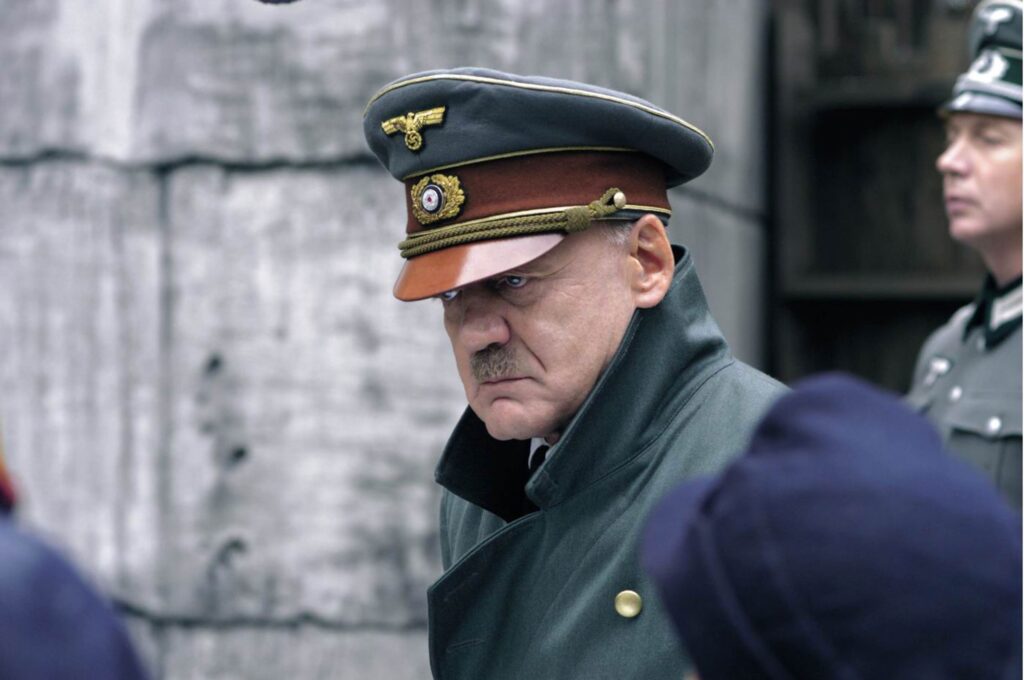The Fall of Berlin during World War II marked the end of Hitler’s Third Reich and the eventual victory of the Allied forces. The intense fighting and desperate measures taken by the Nazi regime culminated in the capture of Berlin by Soviet forces. The Battle of Berlin was characterized by brutal street-to-street fighting and heavy casualties on both sides. Hitler’s refusal to surrender led to further destruction and loss of life. The fall of Berlin had far-reaching consequences, including the division of Germany into East and West, setting the stage for the Cold War. The Nuremberg Trials held after the war brought Nazi war criminals to justice, marking a turning point in international law. The fall of Berlin remains a stark reminder of the horrors of war and the consequences of extremism.
The Fall of Berlin: The Final Days of Hitler’s Third Reich
Introduction
The Fall of Berlin was a significant event during World War II, marking the end of Hitler’s Third Reich and the eventual victory of the Allied forces. The final days of the Nazi regime were marked by intense fighting, desperation, and the eventual capture of Berlin by Soviet forces. This article will delve into the events leading up to the fall of Berlin and the consequences of Hitler’s defeat.
The Battle of Berlin
The Battle of Berlin began on April 16, 1945, as Soviet forces launched a massive offensive against the German capital. The city was heavily fortified and defended by fanatical Nazi troops, determined to resist to the bitter end. The fighting was brutal and intense, with heavy casualties on both sides.
Hitler’s Last Stand
As the battle raged on, Hitler retreated to his underground bunker in Berlin, where he made his final stand. Surrounded by his closest advisers and supporters, Hitler refused to surrender or negotiate peace terms with the Allies. Instead, he ordered his forces to fight to the death, leading to further destruction and loss of life.
The Fall of Berlin
On May 2, 1945, Soviet forces finally captured Berlin after intense street-to-street fighting. The city lay in ruins, with thousands dead and wounded on both sides. The fall of Berlin marked the end of Hitler’s dream of a thousand-year Reich and the beginning of the end for the Nazi regime.
Consequences of Hitler’s Defeat
The fall of Berlin had far-reaching consequences for Germany and the rest of the world. With Hitler dead and the Nazi leadership in disarray, the German surrender was inevitable. The Allies celebrated victory in Europe, but the cost of the war was staggering, with millions dead and entire cities destroyed.
The Nuremberg Trials
In the aftermath of World War II, the Allied powers held the Nuremberg Trials to bring Nazi war criminals to justice. Many high-ranking officials in Hitler’s regime were tried and convicted for war crimes and crimes against humanity. The trials marked a turning point in international law and set a precedent for prosecuting those responsible for atrocities during wartime.
The Division of Germany
After Hitler’s defeat, Germany was divided into East and West, with the Soviets controlling the eastern half and the Western Allies controlling the western half. The division of Germany would last for decades, with tensions between East and West eventually leading to the Cold War. The fall of Berlin was a major turning point in world history, marking the end of one era and the beginning of another.
Conclusion
The fall of Berlin was a defining moment in World War II, marking the end of Hitler’s Third Reich and the eventual victory of the Allies. The city’s capture by Soviet forces symbolized the final collapse of Nazi Germany and set the stage for the post-war era. The events of the fall of Berlin remain a stark reminder of the horrors of war and the consequences of extremism and tyranny.
